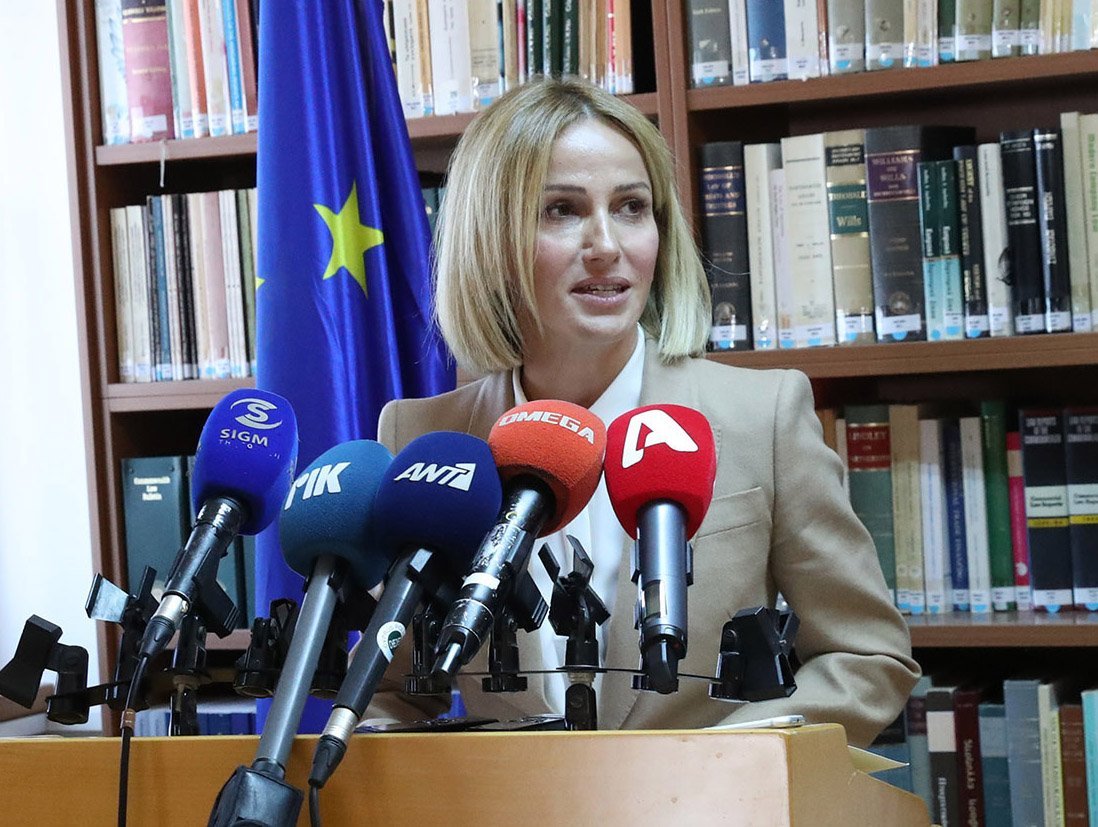With elections approaching, the government decided it was a good time to advertise its commitment to fighting corruption. An event, addressed by Justice Minister Emily Yiolitis at the presidential palace on Thursday, kicked off a series of training courses for civil servants aimed at the effective tackling of corruption and the establishment of a state governed by the rule of law.
Yiolitis’ speech came across more like an economics undergraduate’s essay on the negative consequences of corruption than a pragmatic political plan for tackling the disease that has afflicted the country ever since the establishment of the Republic. We were told that “corruption constitutes a complex phenomenon with economic, political and social dimensions, creating uncertainty in the business environment, hindering procedures and usually leading to additional cost for business.”
It made the country less attractive to investors and was a “key factor in corroding the people’s trust in institutions, politics and state services”, she said in what was an exercise in stating the obvious. Were some politicians, state officials and civil servants corrupt because they were not aware of all this? And would they all become squeaky clean adherents of correct procedure now they had been informed of the damage caused to the country by their corrupt actions?
Proof of the government’s commitment to tackling this endemic problem was the amendment of the penal code, raising the penalty for corrupt civil servants from three to seven years imprisonment, she said. This is indicative of the superficiality with which the government is approaching the matter. Does the minister genuinely believe that the reason civil servants are corrupt is because penalties are not tough enough?
The reason they are corrupt is because there is no risk of being charged. How many civil servants and public officials have been charged with corruption in the last 10 years? One, two, three? This is not because of the absence of a legal framework or because the maximum penalty is only three years in jail. It is because nobody enforces the laws. Corruption in the state sector is deeply rooted, it serves the political system, which sponsors it, and public employees are protected from prosecution by political parties and very strong unions.
“Enriching the legal arsenal,” by the passing of tougher laws, is not the solution of the problem, as Yiolitis seems to think. The Anastasiades government can introduce the toughest anti-corruption laws in the world, but they are meaningless when nobody is committed to enforcing them. And this has always been the problem, regardless of what politicians say.







Click here to change your cookie preferences